STUDY IN SINGAPORE FOR INTERNATIONAL STUDENTS | STUDY IN SINGAPORE
Singapore, known as the "Global Schoolhouse," offers world-class education, modern infrastructure, and excellent career opportunities for international students.
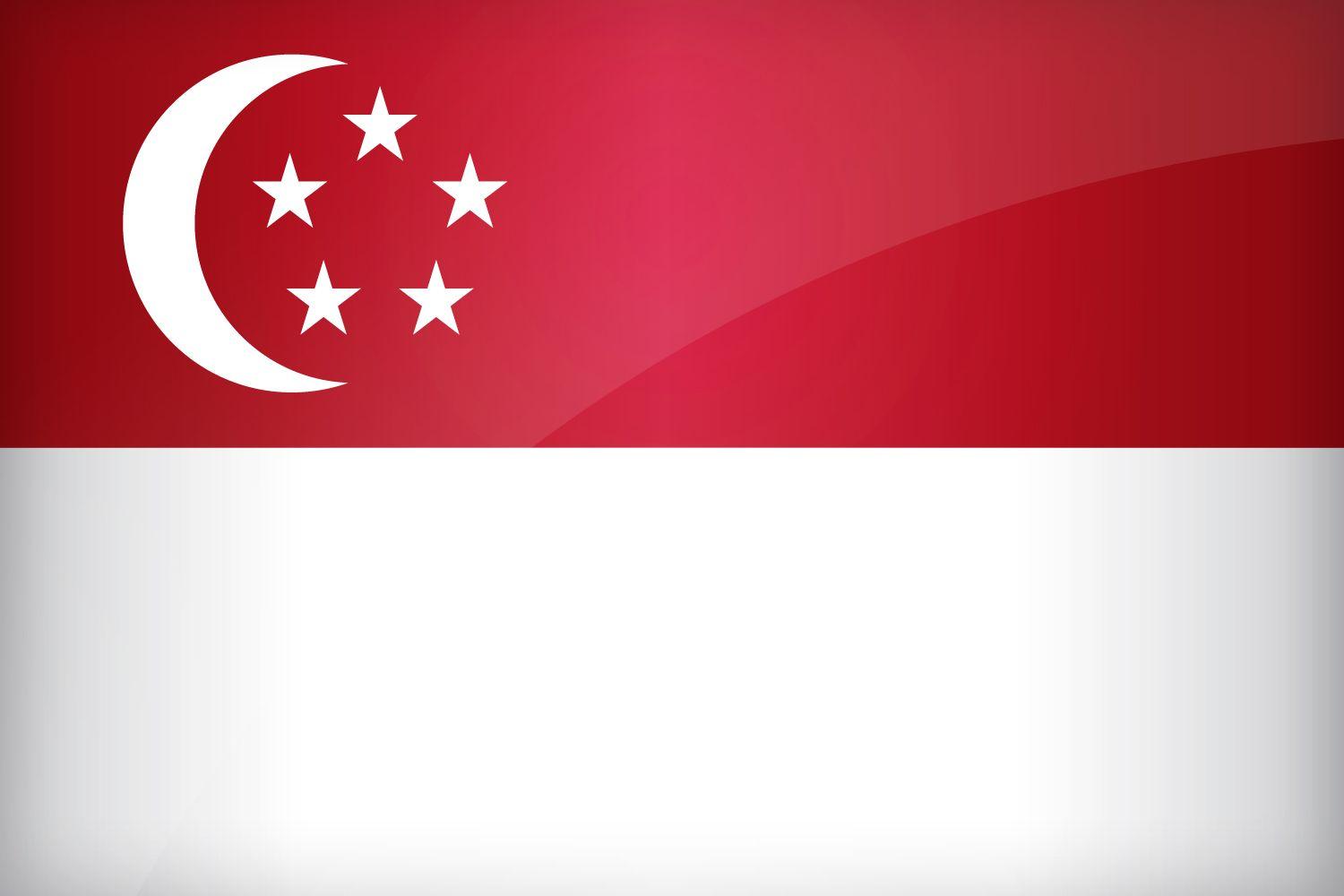
Institutions such as the National University of Singapore (NUS) and Nanyang Technological University (NTU) consistently rank among the world’s top universities.
A global business hub connecting Asia and the rest of the world.
Strong links with global industries, providing students with internship and employment opportunities.
Quality education at a lower cost compared to the US, UK, or Australia.
A melting pot of cultures with low crime rates and a high standard of living.
Students can work part-time (up to 16 hours per week) during their studies.


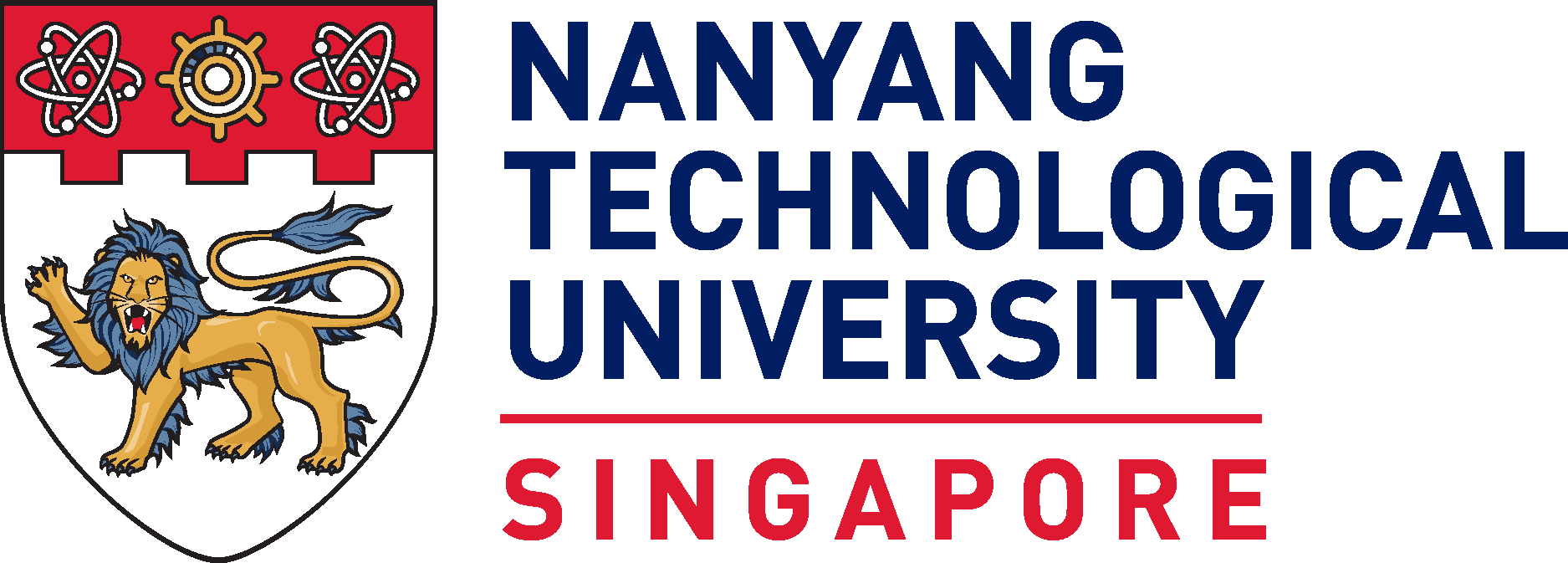
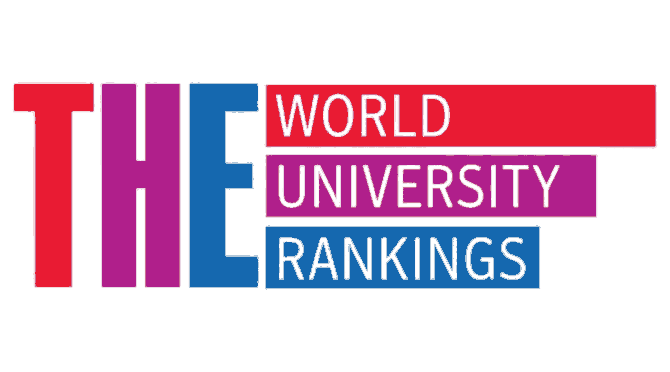 30
30


 NA
NA
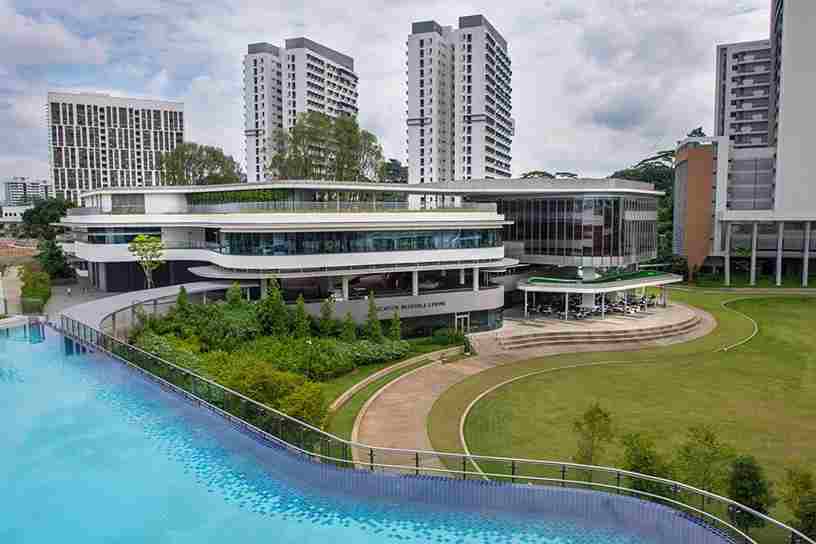

 17
17
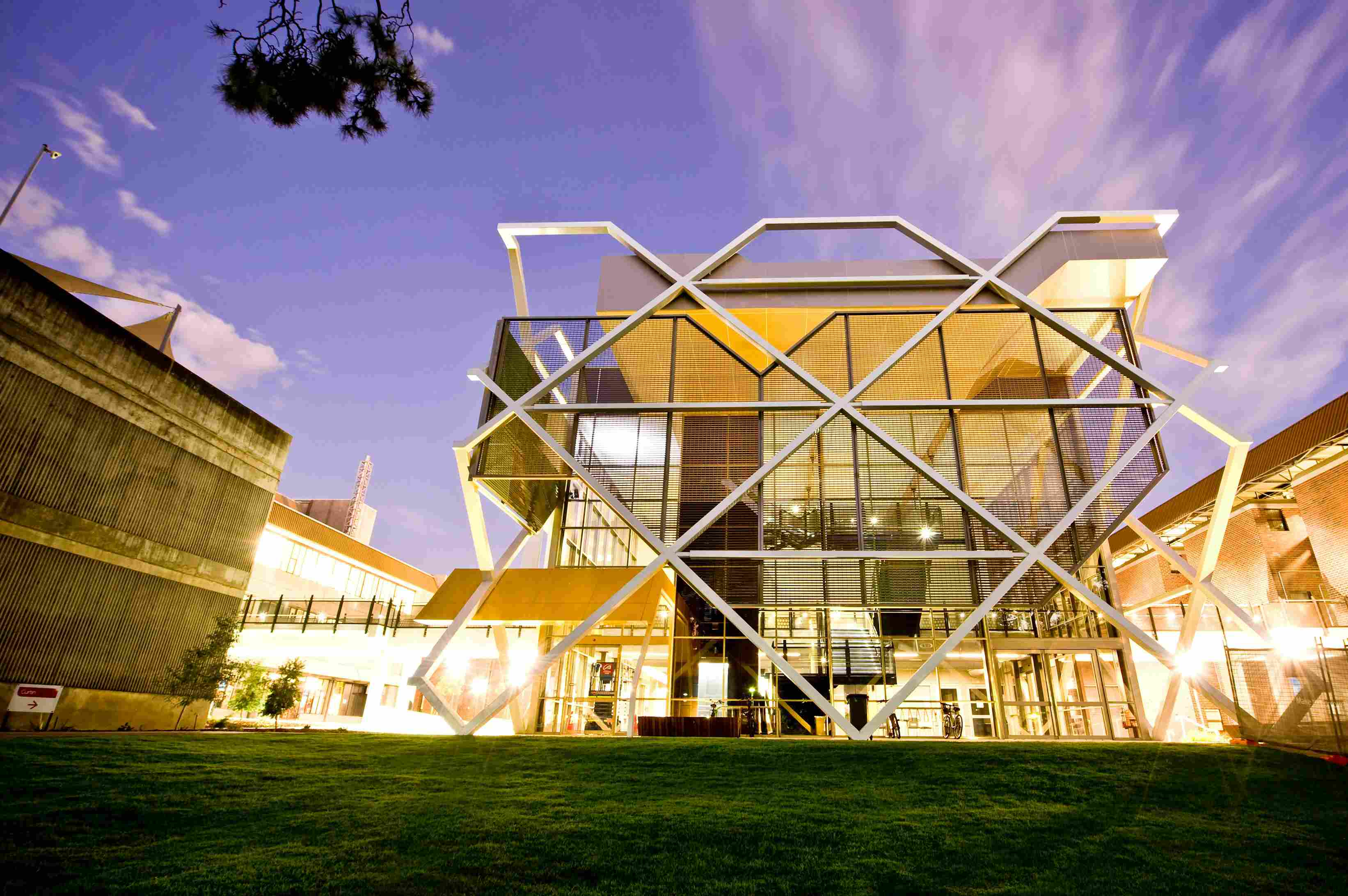

 NA
NA
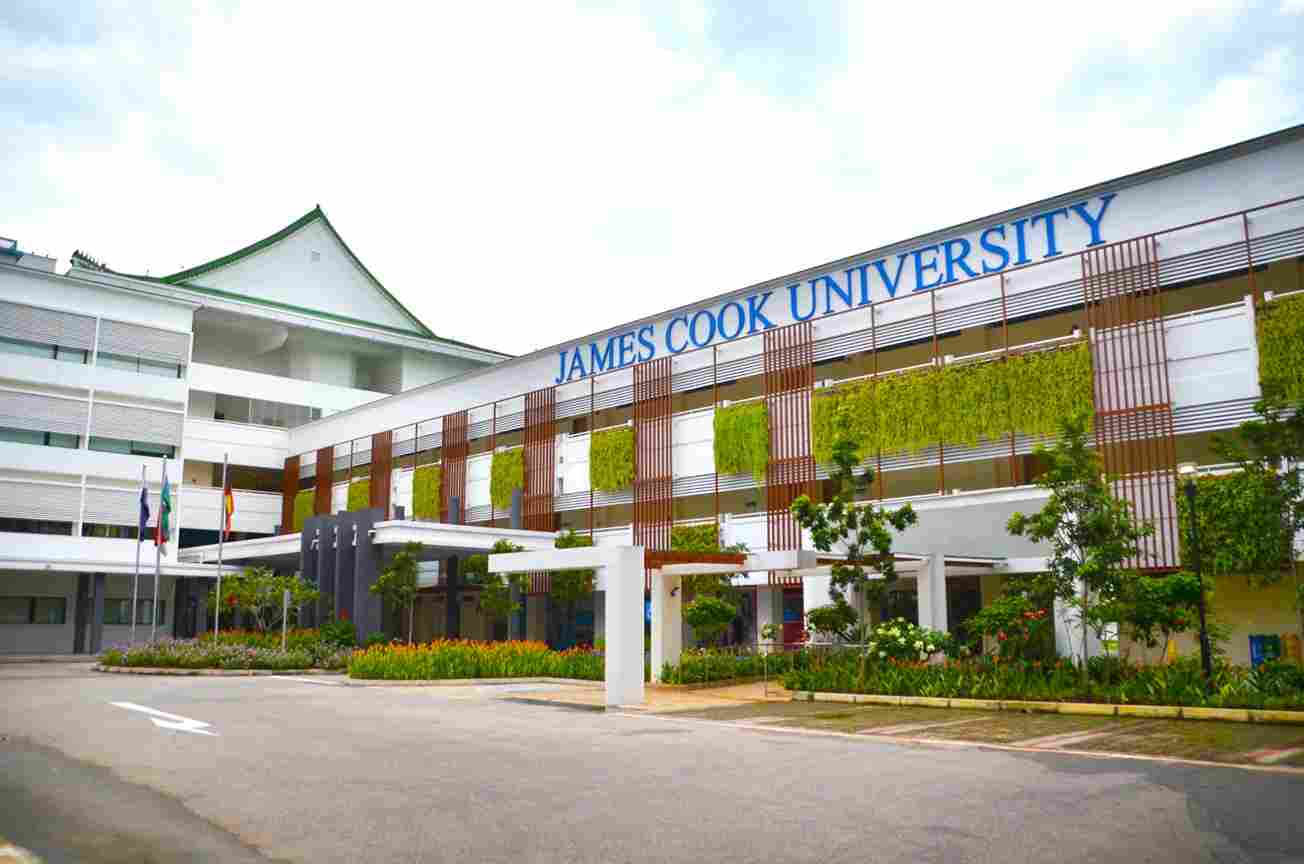
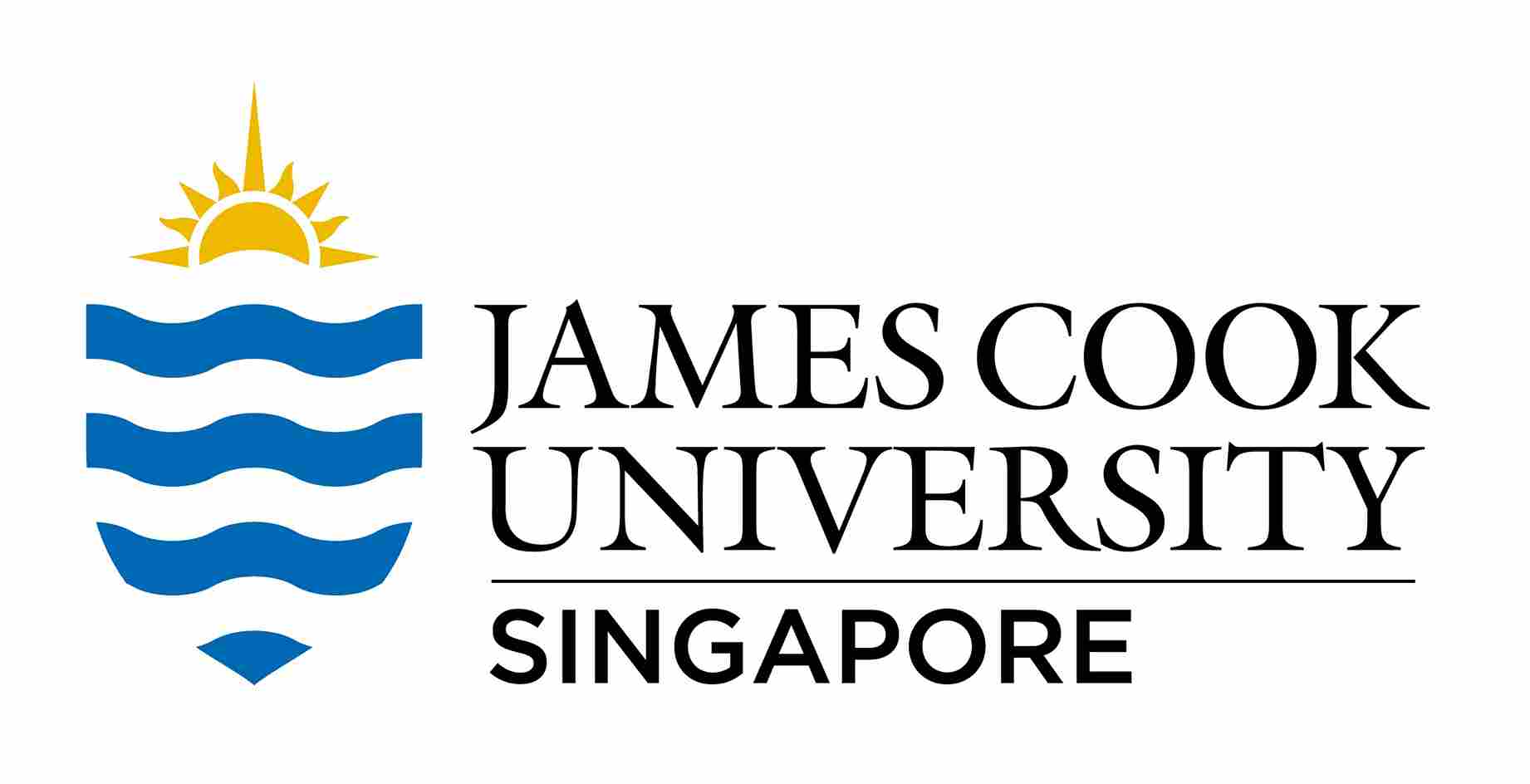
 NA
NA
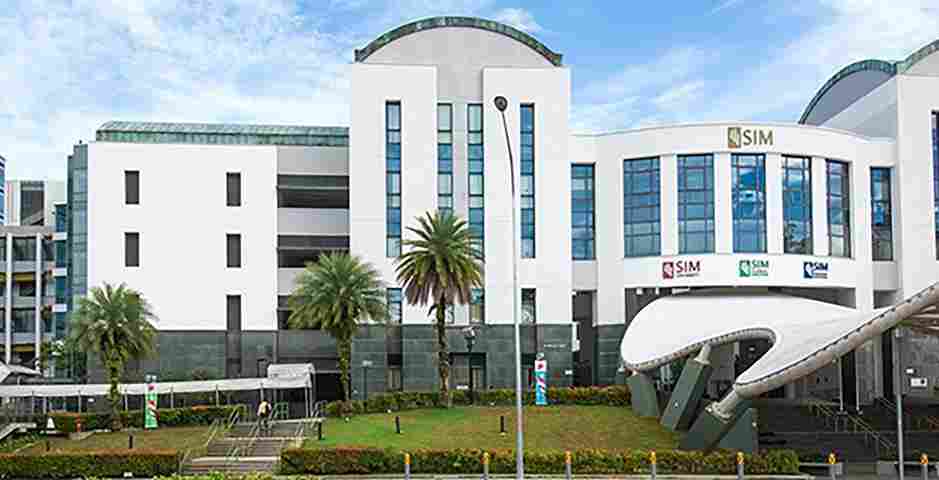
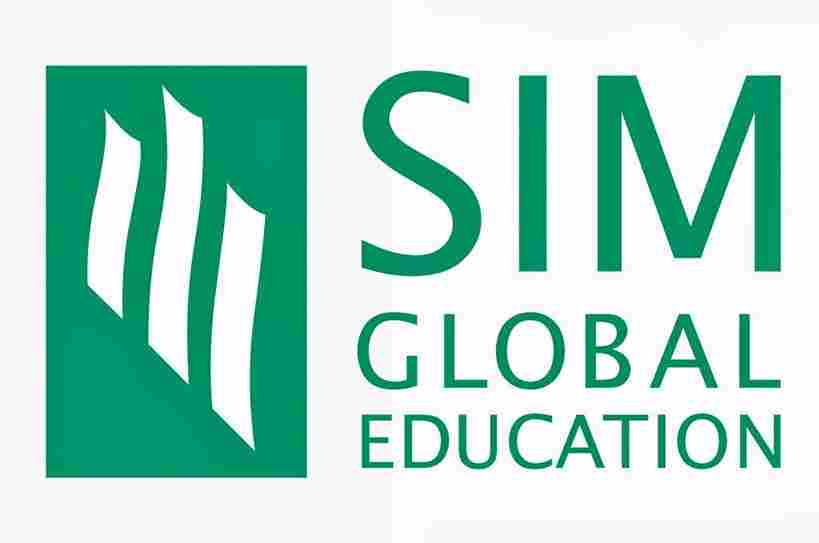
 NA
NA

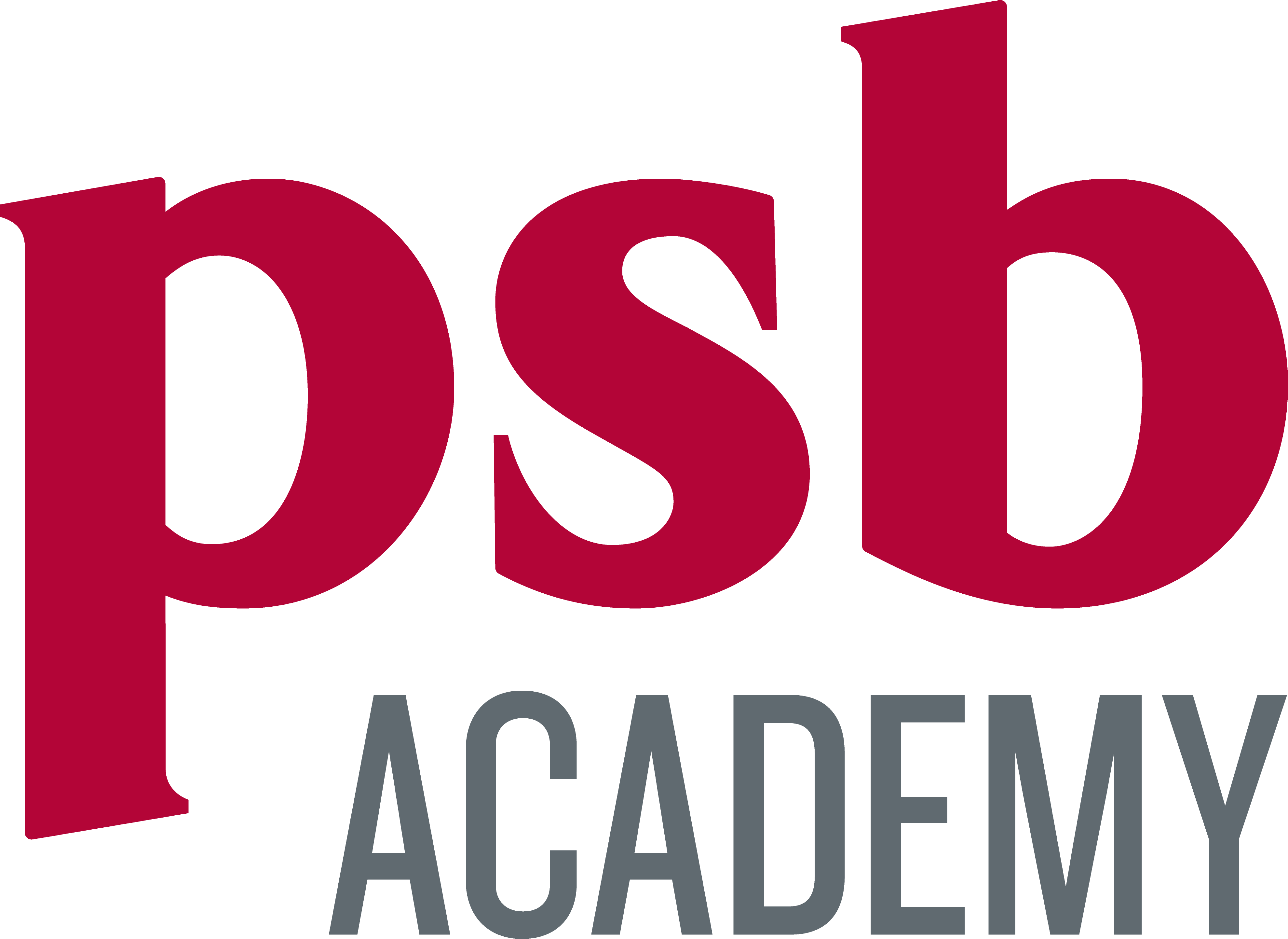
 NA
NA
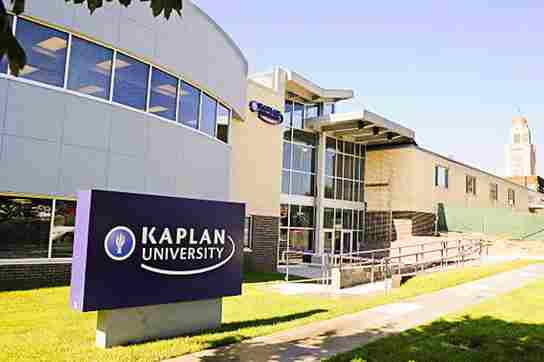

 NA
NA
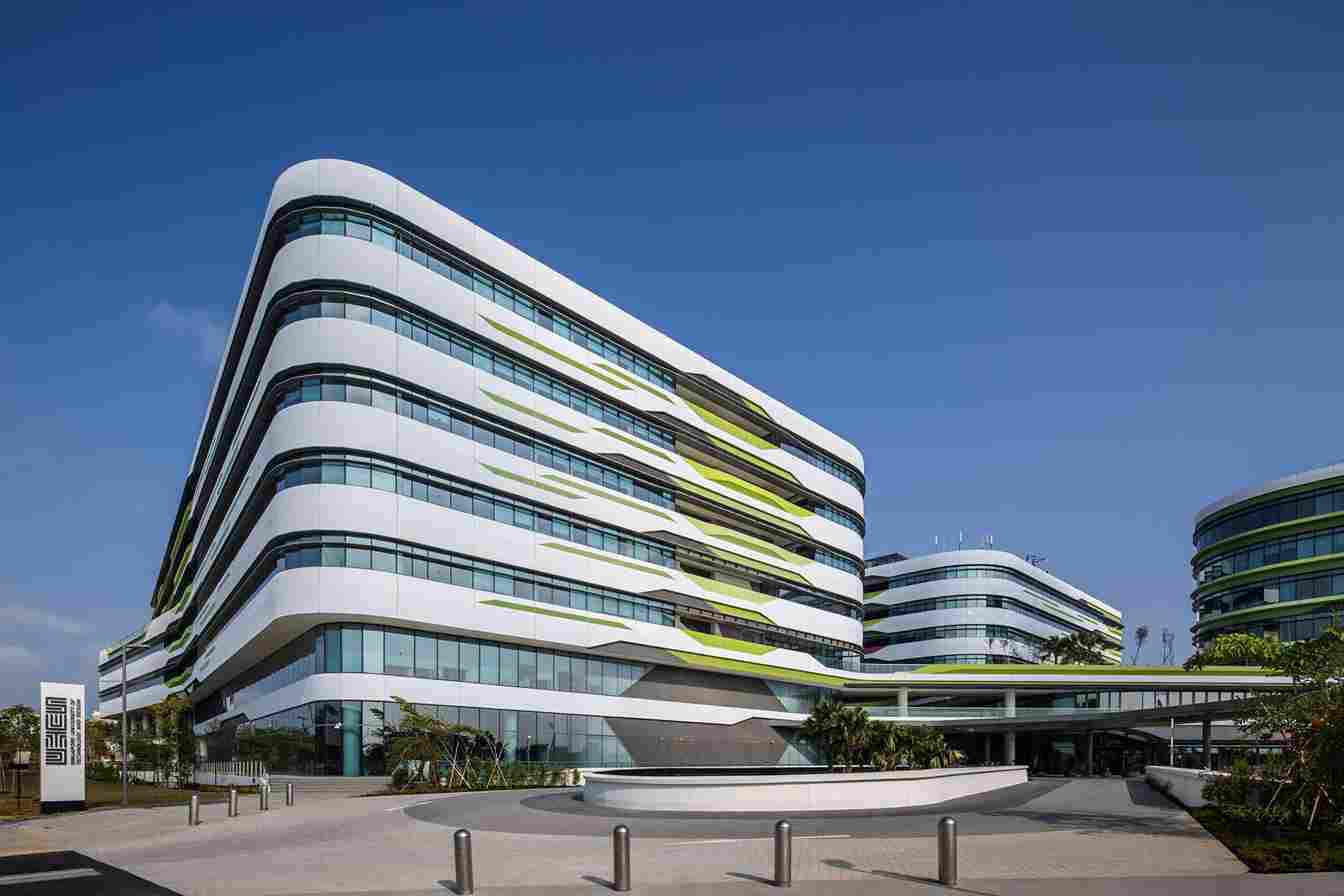
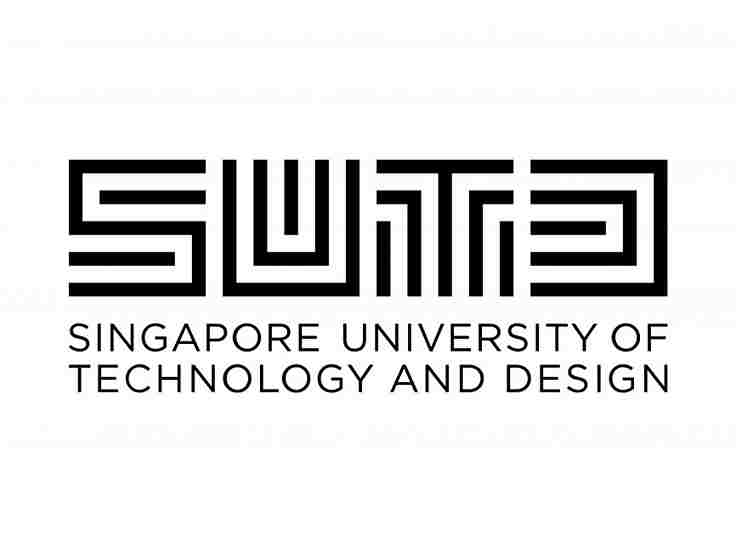
 NA
NA

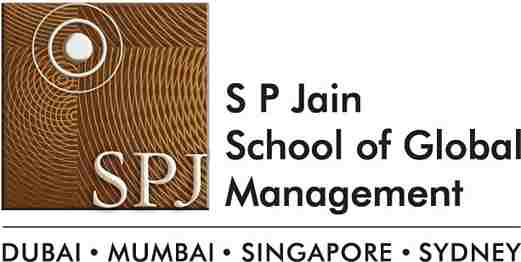
 NA
NA


 NA
NA
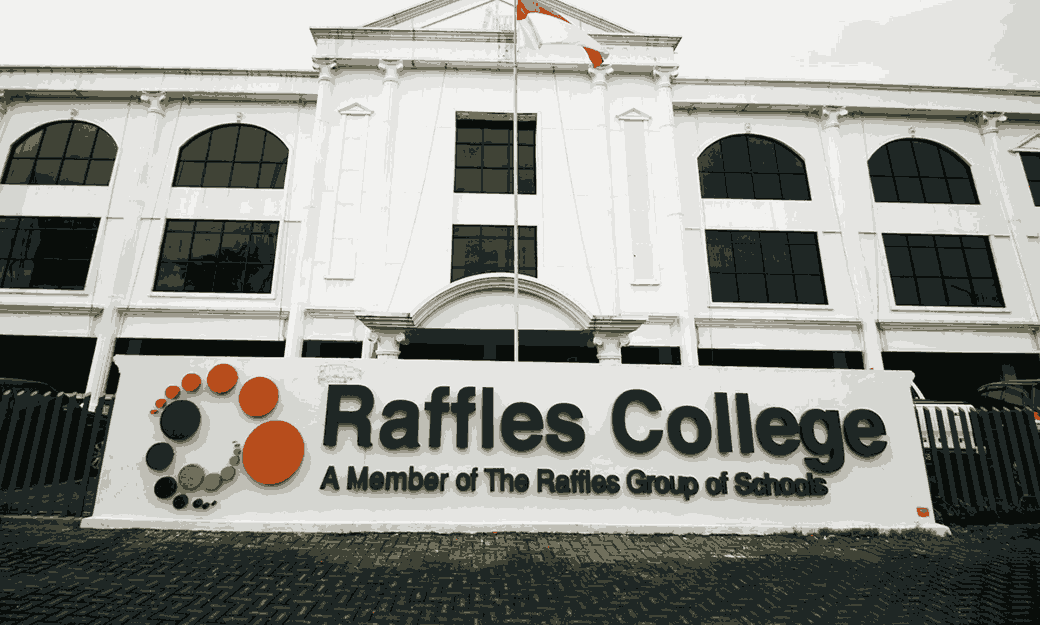

 NA
NA


 NA
NA
The journey begins by selecting a course and university that aligns with your interests and career goals.
Applicants must hold a relevant previous study and submit documents such as academic transcripts, LORs, SOP, resume (if applicable) and proof of English proficiency such as IELTS / TOEFL / PTE etc.
Some programs may require GRE or GMAT scores.
Once the application is submitted, students will receive an offer letter if accepted.

Most public universities charge no tuition, just a small semester fee covering administrative costs and public transport.
Private institutions typically charge tuition, but often offer scholarships and flexible payment options.
Executive and specialized programs may have higher fees, but offer excellent ROI and career services.

Universities in Singapore offer various scholarships that significantly reduce tuition costs. These are provided by government and private organizations.

Student dorms, shared apartments, or private studios

Cooking at home and occasional dining out

Public transport with student discounts

Mandatory for all students in Germany

Electricity, heating, internet, and mobile

Textbooks and study materials

Leisure, clothing, and miscellaneous
